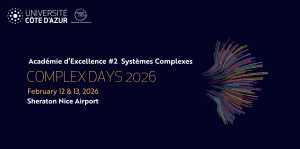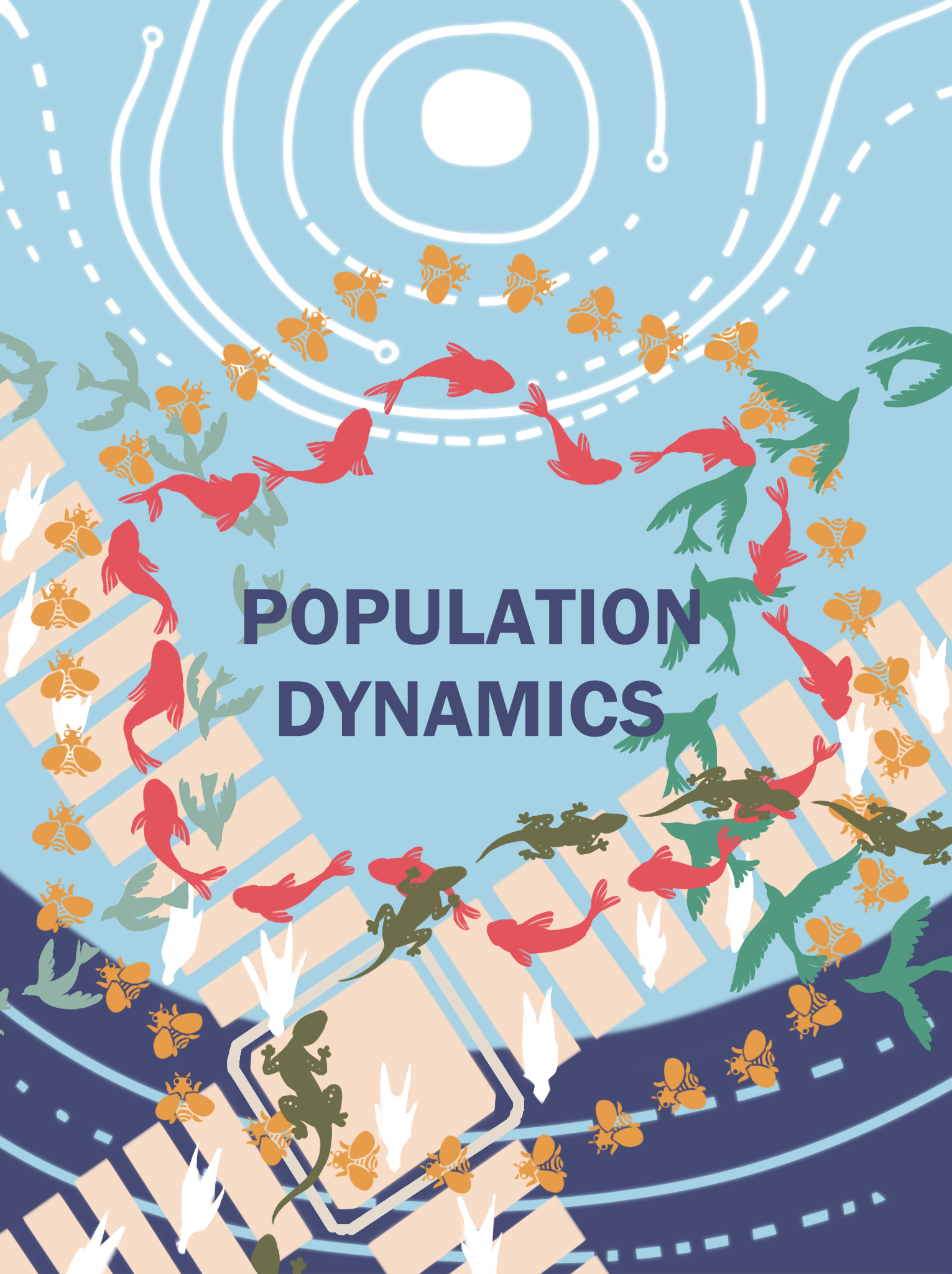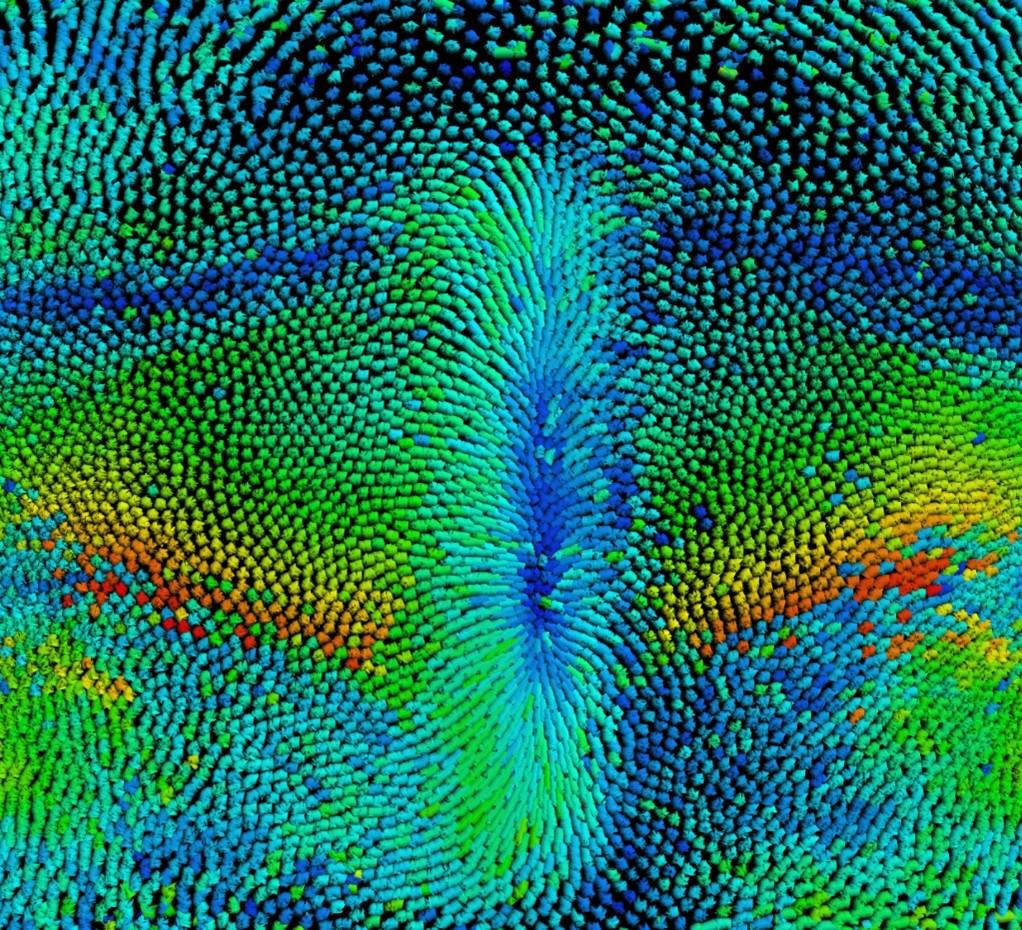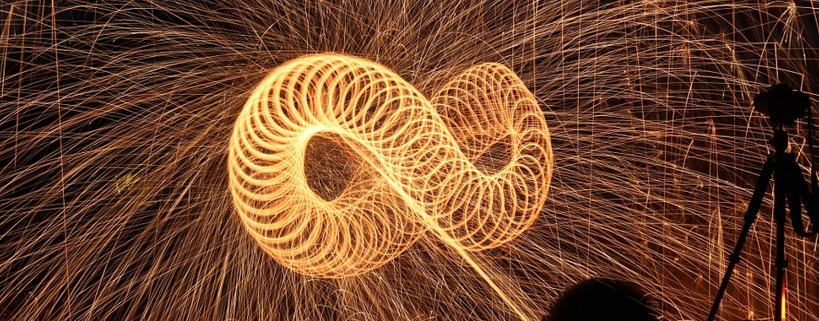
Domaines de recherche
Mathématiques et leur interaction
Physique
Chimie
Biologie
Terre, Univers, Espace
Hommes et Sociétés
Sciences Information et communication
Ingénierie
En savoir plus >
L'Académie "Systèmes Complexes" en bref
L’Académie "Systèmes Complexes" fait partie des cinq Académies d'Excellence d’Université Côte d’Azur.
A l’origine de ces Académies, il y a le programme UCAJEDI dont L'objectif est de faire émerger des travaux de recherches novateurs et, de soutenir une recherche de rang mondial à Université Côte d'Azur
En savoir plus >
- Actualités
-
-
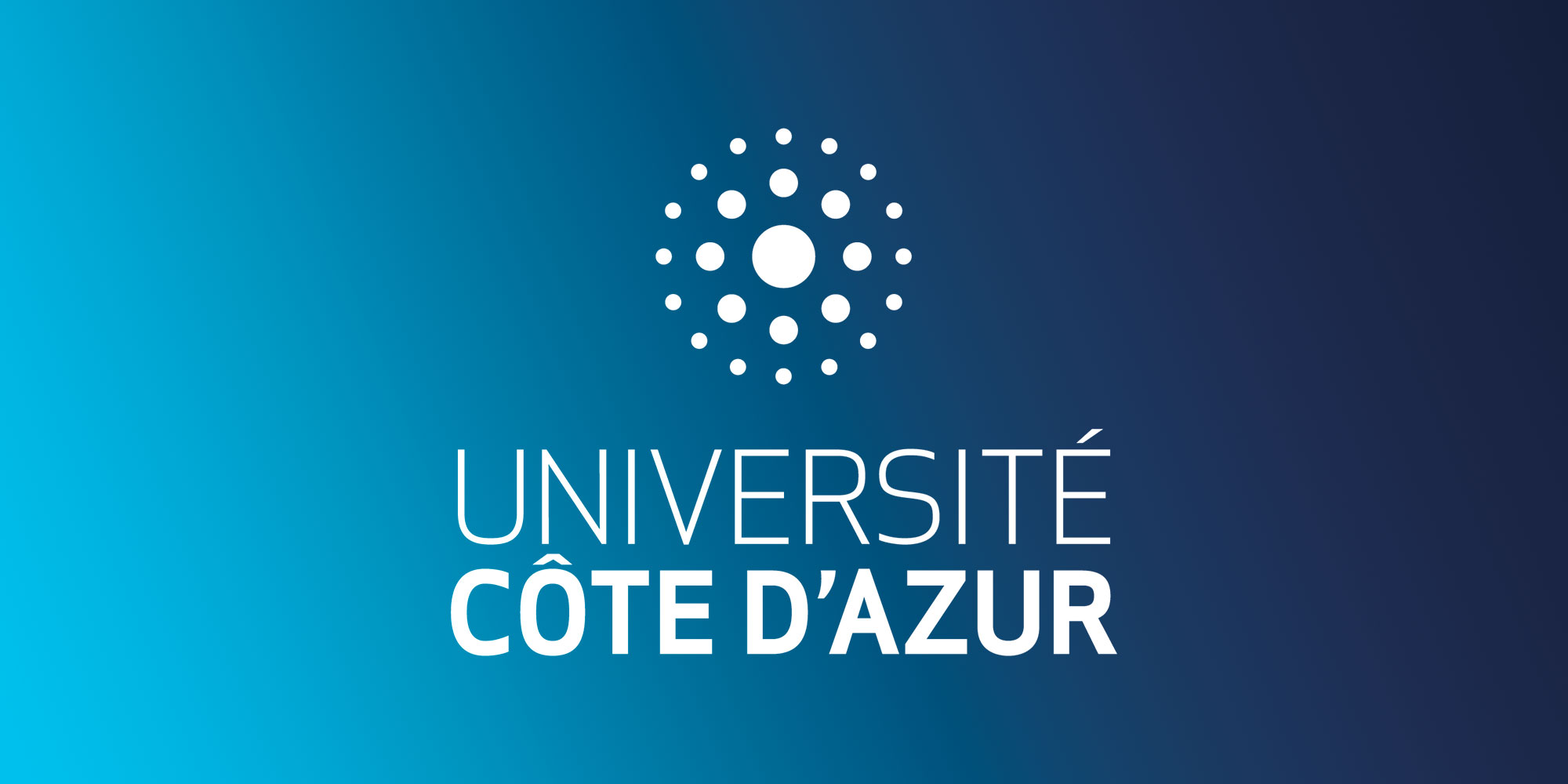
- IDEX
- Recherche
-
- Recherche
- IDEX
Venez rencontrer la communauté des systèmes complexes ! - Valorisez vos publications !Pour mettre en lumière l’ensemble des articles et des publications résultants des travaux de recherche des chercheuses et chercheurs financés par l’Académie " Systèmes Complexes", une collection HAL « Systèmes Complexes » est à votre disposition. L'Académie vous accompagne pour déposer vos publications en un clic !
-
- Evènements
SEMESTRES THEMATIQUES EN COURS
- ML+SIM Thematic Semester
on "Machine Learning + Simulation" -
For the last few years, machine learning techniques have fastly emerged as a disruptive way to analyze complex systems in absence of models, on the basis of observational data. Despite their potential, the naive application to physical problems has however revealed some critical drawbacks, such as the lack of accuracy, robustness and explainability, the expensive training or the inability to intrinsically verify some established physical principles.
To overcome these limitations, the hybridization of machine learning techniques with classical scientific computing methodologies is a promising research axis.
In this context, the objective of the thematic semester Machine Learning + Simulation is to contribute to the development of these activities, by building bridges between specialists of machine learning and experts in simulation for various application fields.
The thematic semester Machine Learning + Simulation at Université Côte d’Azur is mainly composed of some scientific events, related to the interaction, coupling and hybridization of machine learning techniques and simulation methodologies.
The semester will be hosting in 2026 the following three events: Wokshops and Summer Schools, Internships and Visits and Seminars.Photo ML+SIM - POPULATE Thematic Semester
on “Population Dynamics” -
The POPULATE project is a thematic semester, held by Christophe HENRY, Researcher at INRIA. This project is dedicated to Population dynamics that studies the evolution in time of the characteristics of individuals in a given population. The population can be living beings (e.g. fishes, birds, insects, humans, viruses) or inorganic objects (e.g. ashes, dusts, droplets). Various characteristics can be of interest (such as the size of the population, the age of individuals, their weight, their composition).
Spring conference in March 2025 Summer school in June 2025 Fall conference in October 2025
Several events will be organised during this thematic semestrer:More details and information on the project website
photo POPULATE
- ICON Thematic semester
on "Non LInear Cell PhotONics" -
Frise ICON The overarching ICON project aims to consolidate ongoing research initiatives at Université Côte d'Azur (UniCA), encompassing various aspects of photonics and life sciences, from experimental and applied methods to numerical modeling. Additionally, the project seeks to enrich these endeavors by integrating external insights and expertise, fostering collaborations with researchers from France and beyond. A key objective is to strengthen interdisciplinary dimensions through internships and scientific visits, particularly benefiting PhD students, providing them with valuable exposure and experience. Moreover, the initiative serves as a dynamic platform for showcasing UniCA's research to external communities, explicitly aiming to catalyze new collaborations and partnerships. These comprehensive objectives underscore the initiative's profound impact on advancing research at the intersection of photonics and life sciences.
Seminars Workshops
Different actions and events will be organised:More details and information on the project website
- M2 internships - call open
- Visiting PHD students - call open
- MECABIONIC Thematic semester
on Mecanobiology -
MECABIONIC is a thematic scientific program on mechanobiology sponsored by the Académie Systèmes Complexes of the Université Côte d'Azur (UniCA).
MECABIONIC involves different UniCA research laboratories including LJAD, IBV, INPHYNI, IPMC and IRCAN.
The behavior, functioning and development of biological systems are controlled by the synergy of biochemical and physical cues. Mechanobiology specifically focuses on the study of mechanics in a biological context. Mechanical forces can be intrinsically generated and biochemically regulated within cells or can result from external cues resulting from the cell physical environment.
More information on the project websiteVisuel MECABIONIC
Accès rapides
Appels à projets de l'Académie
Retrouvez la liste des appels à projets de l'Académie "Systèmes Complexes".
En savoir plus >
Co-financements
Retrouvez les listes des appels à projets externes et accéder au moteur de recherche développé par la Cellule Europe Mutualisée.
En savoir plus >
Les Actions de l'Académie
Retrouvez les actions misent en place l'Académie "Systèmes Complexes" pour soutenir les activités de recherche spécifiques de sa communauté.
En savoir plus >


















